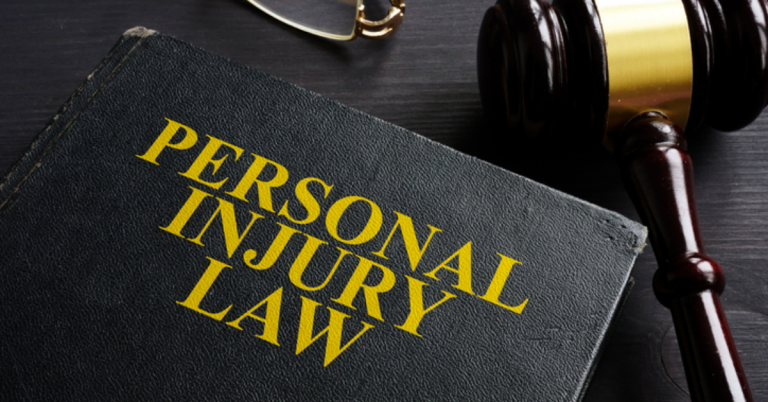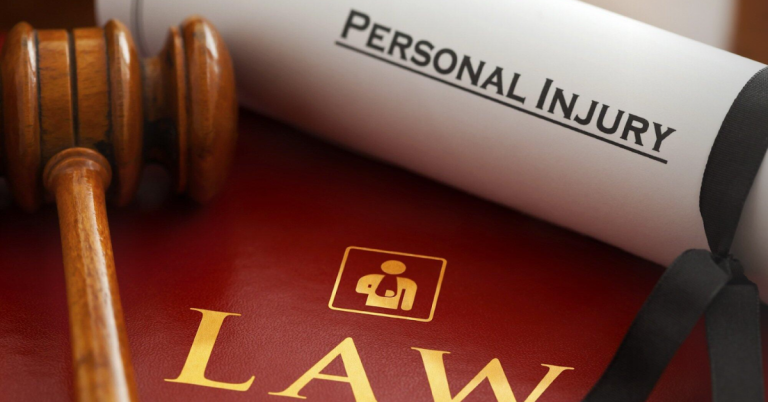How to Ensure Fair Asset Division in Your Divorce: Expert Guidance

Going through a divorce? One of the trickiest challenges couples face is figuring out how to fairly divide their assets. Emotions can run high, and both parties want to make sure they get their fair share.
But don’t worry! Navigating this complex journey doesn’t have to be overwhelming. Seeking guidance from experts who specialize in divorce and asset division can make all the difference.
Let’s dive into some key tips and strategies that can help you achieve a fair and equitable asset division in your divorce!
Understand Marital vs. Separate Property
The first step in ensuring fair asset division is to understand the difference between marital and separate property.
Marital Property
Marital property refers to assets that were acquired during the marriage, regardless of whose name is on the title. This can include income earned by either spouse, real estate purchased during the marriage, and joint bank accounts and investments.
Separate Property
Separate property means assets owned by each spouse before marriage or given as a gift or inheritance during the marriage. It’s key to remember that separate property can turn into marital property if mixed with shared money or used for joint expenses.
Seek Advice from Professionals
Divorce and dividing assets can be tricky. It’s important to get help from experienced professionals. This can include divorce lawyers, financial advisors, and therapists who help couples in divorce.
These experts can offer useful advice on how to handle asset division. They can also ensure both parties get their fair share.
Consider Mediation or Collaborative Divorce
In some cases, traditional litigation may not be the best approach for dividing assets in a divorce. Instead, you may consider mediation or collaborative divorce.
Mediation involves working with a neutral third party to agree on asset division outside of court. Collaborative divorce is similar but also includes a team of professionals.
This can include attorneys from reputable firms such as Turner Family Law and Divorce Attorney, financial experts, and mental health professionals to help facilitate the process. Both mediation and collaborative divorce can be more cost-effective and less adversarial than traditional litigation. Thus, making it easier to ensure fair asset division.
Keep Emotions in Check
Divorce is an emotionally charged process, and it’s easy for emotions to get in the way of fair asset division. It’s important to keep your emotions in check and approach negotiations with a level head.
This can also involve setting aside any resentments or digging up past issues that may cloud judgment. Instead, focus on the assets at hand and how they can be divided fairly between both parties.
Be Willing to Compromise
When dividing assets in a divorce, not every asset will be split 50/50. It’s important to be willing to compromise and have an open mind when negotiating asset division.
Consider what assets are most important to you and be willing to give up other assets in exchange for those. This can help ensure a fair division of assets that also takes into account the needs and wants of both parties.
Also Read: The Ultimate Guide to Divorce Settlement: Steps to Achieve a Fair Agreement
Ensure Fair Asset Division with this Guide
Divorce is tough, but it can be easier with the right help. Good communication and a willingness to compromise are important for fair asset division. Keep these tips in mind during this hard time, and remember to seek professional advice. With the right support, you can reach a fair agreement that helps both sides and prepares you for a positive future after divorce.
Is this article helpful? Keep reading our blog for more.






